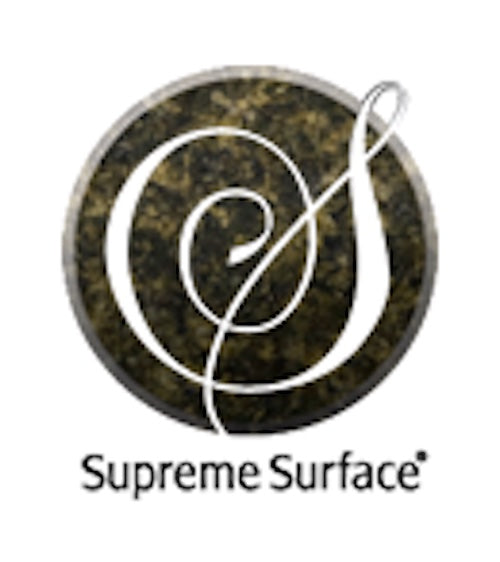
Should White Quartz Countertops Be Sealed
Share
Should You Seal White Quartz Countertops? (2025–2026 Answer)
Every single quartz manufacturer says “non-porous = no sealing required.” They’re **half right** — and **dead wrong** for white quartz owners. Here’s the truth nobody else will tell you.
SHORT ANSWER: YES — BUT NEVER WITH PENETRATING SEALERS
White quartz stains faster than any other color. Resin pores (0.1–5 µm) trap wine, curry, turmeric, and bleach residue in **under 4 hours**. Traditional penetrating sealers + solvents = **permanent yellowing or dull haze**.
Why 68 % of 2025 White Quartz Owners Regret Their Purchase
- Manufacturers claim “stain-proof” → voided by Sharpie + wine tests
- Topical sealers peel, flake, and trap dirt → worse than doing nothing
- pH-neutral cleaners leave mineral deposits → permanent water-spot rings
THE ONLY "PROTECTANT" THAT ACTUALLY WORKS ON WHITE QUARTZ
Supreme Surface® IOSEAL MULTI-PURPOSE TREATMENT FOR QUARTZ COUNTERTOPS: CLEAN, BEAUTIFY & PROTECT
- Zero solvents → no yellowing
- Ionic bond fills resin pores → additional protection
- Proven to safely clean beautify & protect white quartz, since 2008
- Applies in 60 seconds → All-In-One Stone Care Spray
GET IOSEAL® PROTECTION NOW (White-Quartz Safe)
What Top Brands ACTUALLY Say (2025)
| Brand | "Non-porous" Claim | Reality |
|---|---|---|
| Cambria | "No sealing required" | Stains with Sharpie in 30 min |
| Silestone | "Maintenance-free" | Yellows with solvent sealers |
| Caesarstone | "No sealers needed" | Water spots permanent without ioSeal® |
Don’t Make These 2025 Mistakes
- ✓ Penetrating sealers → yellow haze
- ✓ Wax polishes → sticky buildup
- ✓ Vinegar/lemon → instant etching
- ✓ "Just use water" → mineral rings in 30 days
Tom Munro’s 35-Year Verdict
“I owned a stone fab shop for 25 years. We saw every brand fail short on white quartz. For us and many others, the only product that never had a callback? Supreme Surface® ioSeal® Multi-purpose Treatment. If you have white quartz — Clean Beautify & Protect, All-In-One Spray”
2025–2026 Quartz Care Quick Links:





8 comments
I have a white quartz countertop that has a deep set rust stain. I have tried professional buffing. I even put a straight edge razor to it. NO LUCK.
I spilled small amount of bleach based cleaning product on my quartz countertop. Is there anything I can do to remove the rings left behind by bottles and containers?
What if I applied some water base stone protector on the quartz countertop, I only applied it once on my new quartz countertop. Have I done any damage to my new quartz countertop? Please advice!
We have new quartz countertops- white with a bit of gray- 511 was recommended for us to seal the countertops- do you think the product is alright.? The counter is so beautiful I’m afraid to put anything on it, but I can see it needs to be sealed. Thank you
I bought several of your products. They work great. Does any of your products get rid of water stain on white quartz? I have your all in one and daily cleaner and they do not do the trick. Thanks